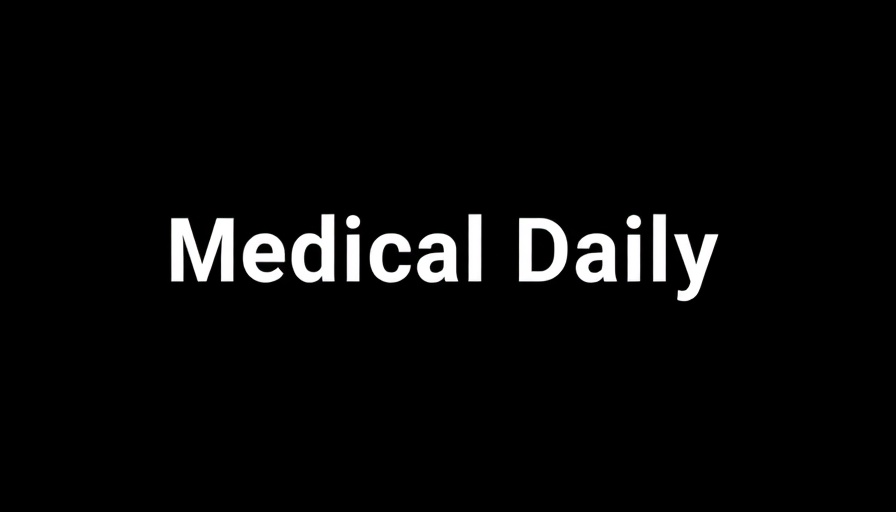
The Controversial MAHA Report: What’s at Stake?
The recent defense by the White House regarding the "Make America Healthy Again" (MAHA) Commission report has sent ripples through the health and policy community. As reported, multiple studies cited in this transformative health document were found either to not exist or to have significant citation errors. This raises pressing questions not just about the integrity of the report, but also about the broader implications for public health initiatives.
Confusion and Criticism: The Role of AI in Report Production?
When asked about the potential involvement of artificial intelligence (AI) in drafting the MAHA report at a recent briefing, Press Secretary Karoline Leavitt sidestepped the inquiry. This raised eyebrows, especially given the numerous citation discrepancies. The possibility of AI being behind the structure and wording of the report opens up another layer of discussion on how technological tools are influencing public policy documents. With the administration confidently asserting the science behind the report, skeptics worry that if governance relies on faulty interpretations and misattributions, then our approaches to wellness could follow suit.
The Backlash: Experts Weigh In
Prominent health professionals are voicing their concerns. Epidemiologist Katherine Keyes pointed out that a cited study purported to address adolescent anxiety but lacks verifiable existence. Additionally, pediatric pulmonologist Harold J. Farber denied authorship of a referenced study claiming excess medication in American children—a critical and contentious topic. Such errors in the report can undermine trust between the public and health authorities, which could have a significant impact on ongoing and future health initiatives.
Implications for Public Health Communications
As we navigate through these controversies, the importance of clear and accurate communication in public health can’t be overstated. The credibility of policy reports depends not just on the data presented but on the authoritative sources backing them.
The integrity of health reports is vital because they often inform public perception and policy decisions. Misleading information can exacerbate public health crises, especially surrounding crucial issues like mental health, nutrition, and medication management. A commitment to transparency in data sources must be an essential part of public health communication.
Looking Forward: What Can Be Done?
The upcoming release of the follow-up document, entitled "Make Our Children Healthy Again Strategy," scheduled for August, will be closely scrutinized. It's essential for the MAHA Commission to address these citation errors transparently. The use of rigorous peer review processes for scientific claims can help restore credibility and trust. Additionally, training for the integration of AI in health reporting should be considered to ensure accuracy and accountability in the drafting processes.
Building a Coalition for Health Literacy
This situation highlights the urgent need for enhanced health literacy initiatives that empower citizens to critically evaluate health information. Programs promoting transparency in medical reporting can help foster community trust, paving the way for improved health engagement and adherence to public health directives.
Are Government Reports the Best Source for Health Information?
Ultimately, as these discussions continue, we may need to ask ourselves: should government reports be the sole source of health information? While they can provide valuable data, cross-referencing with scientific literature and expert consensus is crucial for a well-rounded understanding of health topics. Diverse sources encourage informed decision-making that benefits our communities and addresses the complexities of public health.
As we move forward, the emphasis should be on accuracy, integrity, and effective communication in health matters for all citizens. Remember, informed choices about nutrition, fitness, and mental health are paramount in maintaining our well-being, regardless of what reports say.
 Add Row
Add Row  Add
Add 




Write A Comment